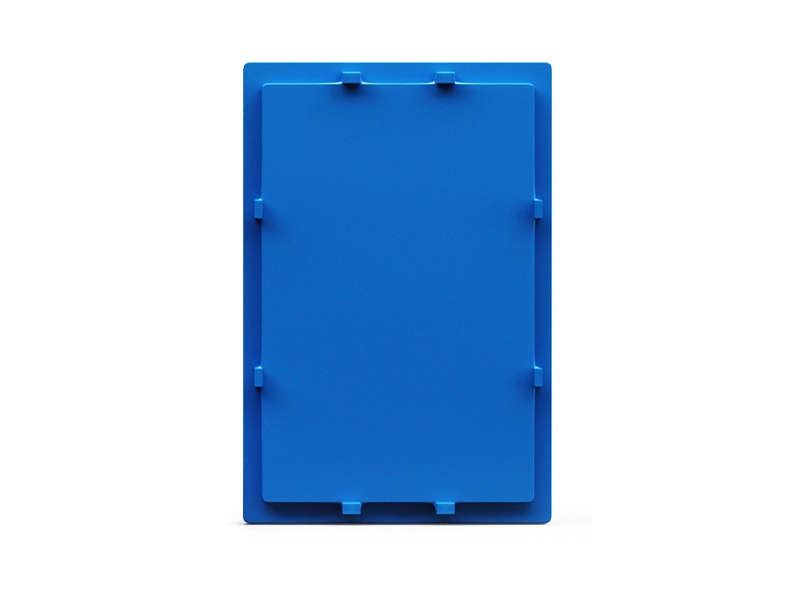EasyPlate™ EasySep™ Magnet
Magnet for column-free immunomagnetic separation
概要
The EasyPlate™ EasySep™ Magnet is designed for cell separation procedures using selected EasySep™ reagents when processing a small number of cells (up to 2 x 10^7 cells per well). The EasyPlate™ EasySep™ Magnet generates a high-gradient magnetic field that is strong enough to separate cells labeled with EasySep™ D Magnetic Particles without the use of columns. The EasyPlate™ EasySep™ Magnet is designed to hold a round-bottom non-tissue culture-treated 96-well plate.
Species
Human, Mouse, Other
Application
Cell Isolation
Brand
EasySep
技术资料
| Document Type | 产品名称 | Catalog # | Lot # | 语言 |
|---|---|---|---|---|
| Product Information Sheet | EasyPlate™ EasySep™ Magnet | 18102 | All | English |
数据及文献
Publications (1)
Blood 2014 OCT
Human CD68 promoter GFP transgenic mice allow analysis of monocyte to macrophage differentiation in vivo.
Abstract
Abstract
The recruitment of monocytes and their differentiation into macrophages at sites of inflammation are key events in determining the outcome of the inflammatory response and initiating the return to tissue homeostasis. To study monocyte trafficking and macrophage differentiation in vivo, we have generated a novel transgenic reporter mouse expressing a green fluorescent protein (GFP) under the control of the human CD68 promoter. CD68-GFP mice express high levels of GFP in both monocyte and embryo-derived tissue resident macrophages in adult animals. The human CD68 promoter drives GFP expression in all CD115(+) monocytes of adult blood, spleen, and bone marrow; we took advantage of this to directly compare the trafficking of bone marrow-derived CD68-GFP monocytes to that of CX3CR1(GFP) monocytes in vivo using a sterile zymosan peritonitis model. Unlike CX3CR1(GFP) monocytes, which downregulate GFP expression on differentiation into macrophages in this model, CD68-GFP monocytes retain high-level GFP expression for 72 hours after differentiation into macrophages, allowing continued cell tracking during resolution of inflammation. In summary, this novel CD68-GFP transgenic reporter mouse line represents a powerful resource for analyzing monocyte mobilization and monocyte trafficking as well as studying the fate of recruited monocytes in models of acute and chronic inflammation.



